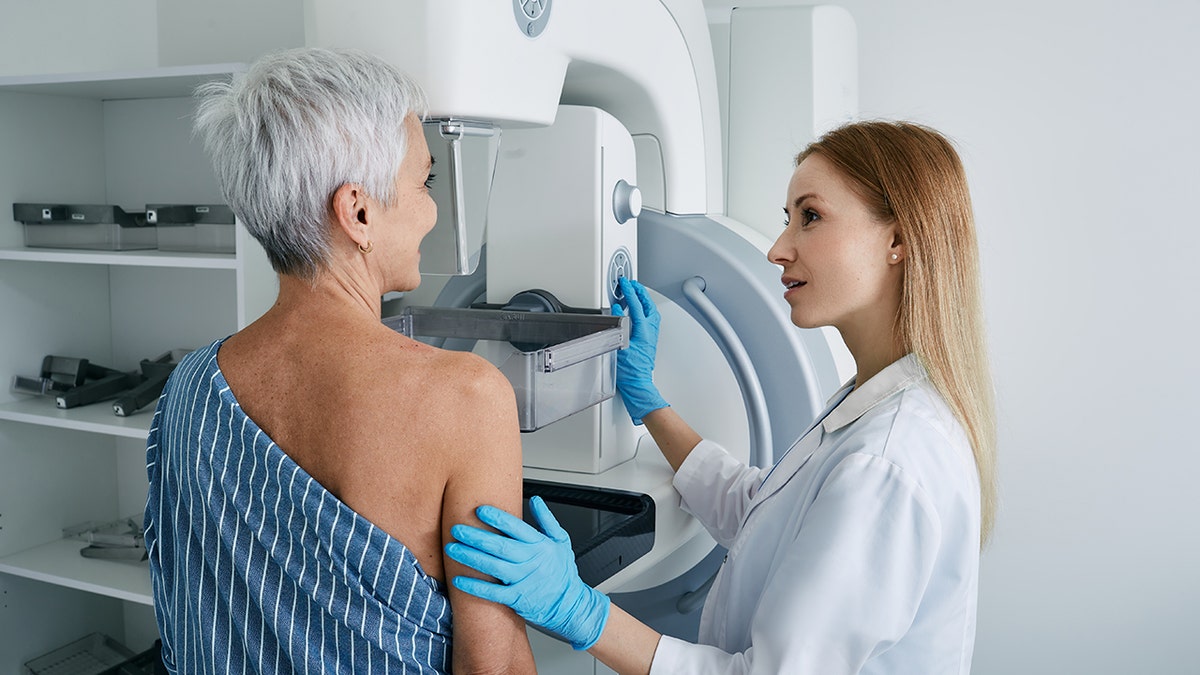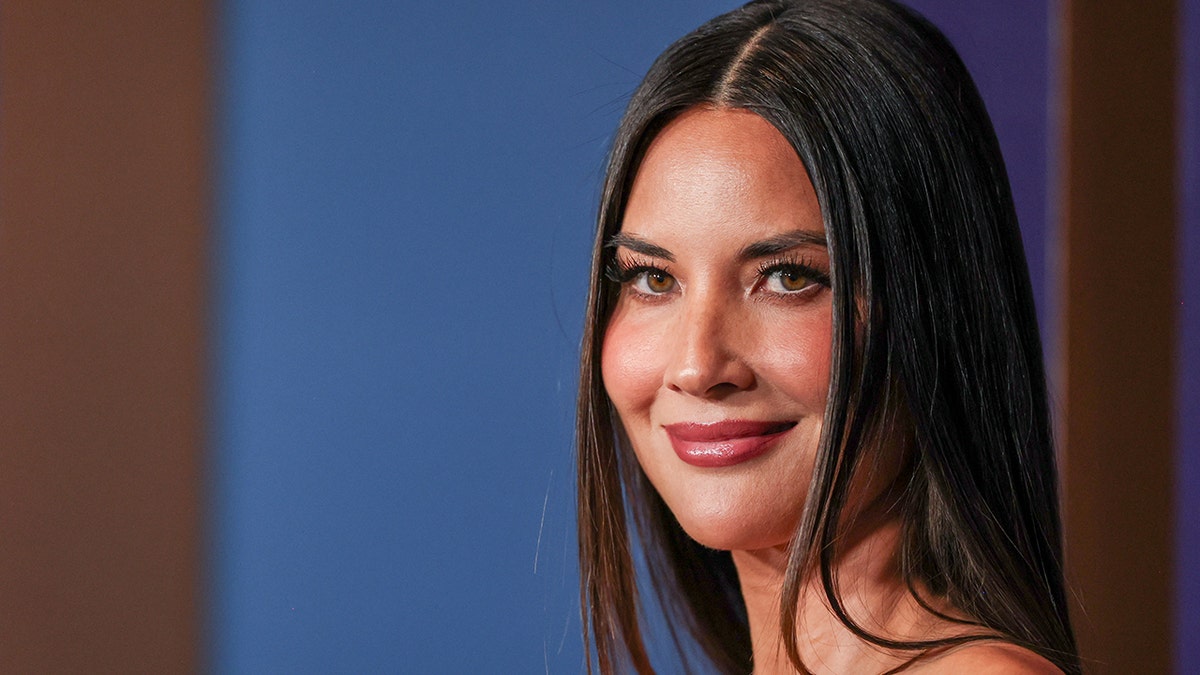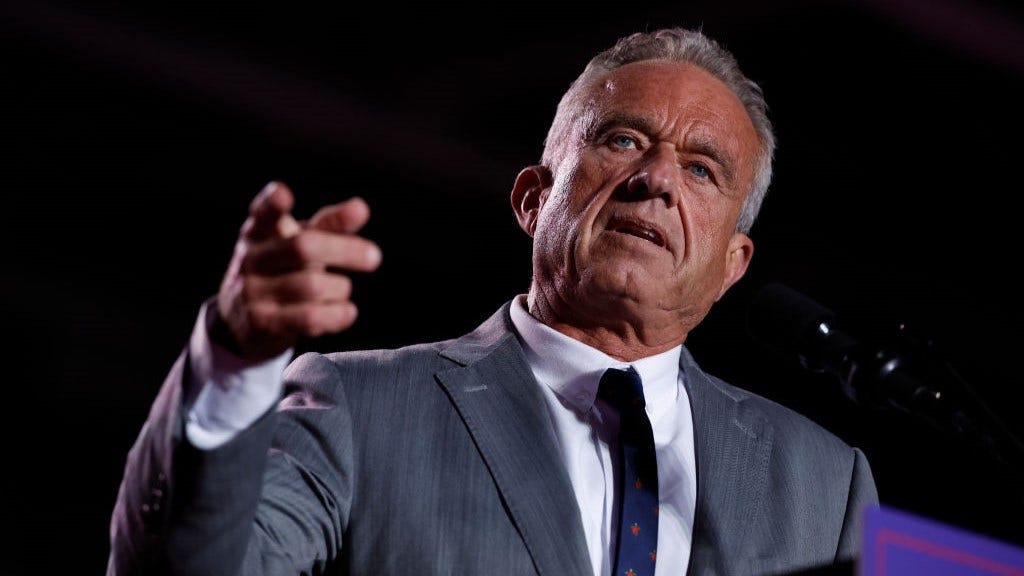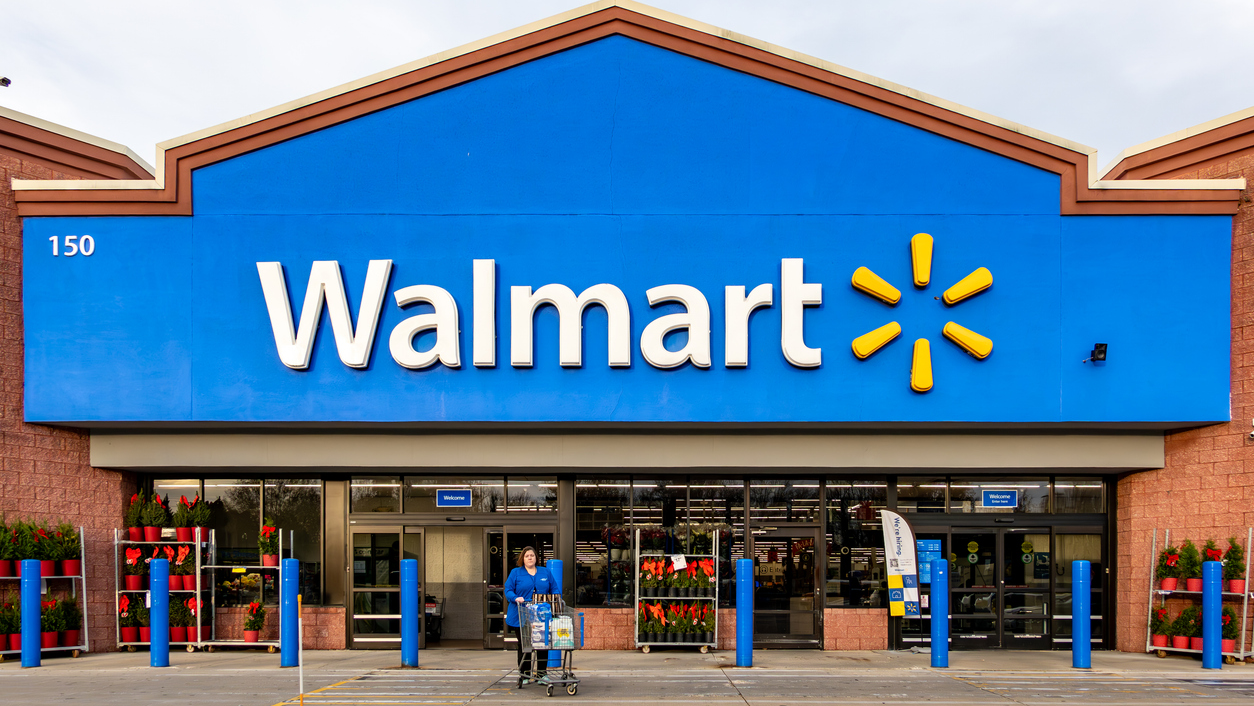NEWYou can now listen to Fox News articles!
Olivia Munn, who previously claimed that a breast cancer risk assessment test saved her life, announced on social media this week that it also saved her mother’s life.
"My mother was diagnosed with breast cancer," the actress, 45, wrote in her caption.
"You may know that when I talk about my own battle with cancer, I bring up the Lifetime Risk Assessment test that saved my life. I never would’ve predicted it would save my mom’s life as well."
CANCER COULD BE DETECTED THREE YEARS BEFORE DIAGNOSIS WITH EXPERIMENTAL BLOOD TEST
What is the breast cancer risk assessment score?
While there are several risk assessment tools available to patients and physicians, the breast cancer risk assessment tool (BCRAT) is one of the most common, Fox News Digital previously reported.
The BCRAT is based on a statistical model known as the Gail Model.
It's named after Dr. Mitchell Gail, an NIH distinguished investigator at the National Cancer Institute, according to a National Cancer Institute (NCI) spokesperson.
FDA APPROVES FIRST AI TOOL TO PREDICT BREAST CANCER RISK
The five-minute test helps predict a woman’s risk of developing invasive breast cancer within the next five years, and up to 90 years of age, according to the NCI.
Just one year ago, Munn credited the test with prompting her to get a biopsy – even after mammograms and genetic testing came back negative.

Actress Olivia Munn and husband John Mulaney attend "An Unforgettable Evening" for the Women's Cancer Research Fund at The Beverly Hilton on April 28, 2025, in Beverly Hills, California. (Stefanie Keenan/Getty Images for Women's Cancer Research Fund)
The biopsy showed she had Luminal B cancer in both breasts.
Luminal B is an aggressive, fast-moving cancer.
The BCRAT calculates a woman’s "absolute breast cancer risk."
CANCER REPORT REVEALS SURPRISING NEW DATA ON DEATHS, DIAGNOSES
On its website, the organization defines this as the "chance or probability of developing invasive breast cancer in a defined age interval."
The risk calculator considers factors including age, race, medical history and reproductive history.
It also looks at the family history of breast cancer among relatives like mothers, sisters and daughters.

The BCRAT calculates a woman’s "absolute breast cancer risk." (iStock)
Once the information is calculated, users are provided with a score.
Fox News Digital previously reported that a five-year risk score of 1.67% or more is considered high-risk. A healthcare provider may recommend certain medications to decrease the chances of developing cancer, according to Cleveland Clinic’s website.
For more Health articles, visit www.foxnews.com/health
Dr. Nicole Saphier, M.D., board-certified breast imaging radiologist and associate professor at Memorial Sloan Kettering Cancer Center in New York City, recommends individual risk assessments to her referring clinicians and patients.

Olivia Munn at the 14th Governors Awards held at The Ray Dolby Ballroom at Ovation Hollywood on Jan. 9, 2024 in Los Angeles, California. (Christopher Polk/WWD via Getty Images)
"Olivia Munn’s doctor may have saved her life by doing so," Saphier previously said in a statement to Fox News Digital when news of Munn’s diagnosis first broke in 2024.
CLICK HERE TO GET THE FOX NEWS APP
"While a standard mammogram is sufficient for nearly half of all women, many others will benefit from adding an ultrasound or MRI based on breast density and various other factors that may make someone [a] higher risk [candidate]."
CLICK HERE TO SIGN UP FOR OUR HEALTH NEWSLETTER
Less than 5% of all women diagnosed with breast cancer will have cancer in the contralateral (opposite) breast, according to Saphier.
"Olivia Munn was one of those rare cases," she said.
Khloe Quill is a lifestyle production assistant with Fox News Digital. She and the lifestyle team cover a range of story topics including food and drink, travel, and health.
.png)
 German (DE)
German (DE)  English (US)
English (US)  Spanish (ES)
Spanish (ES)  French (FR)
French (FR)  Hindi (IN)
Hindi (IN)  Italian (IT)
Italian (IT)  Russian (RU)
Russian (RU)  8 hours ago
1
8 hours ago
1








Comments